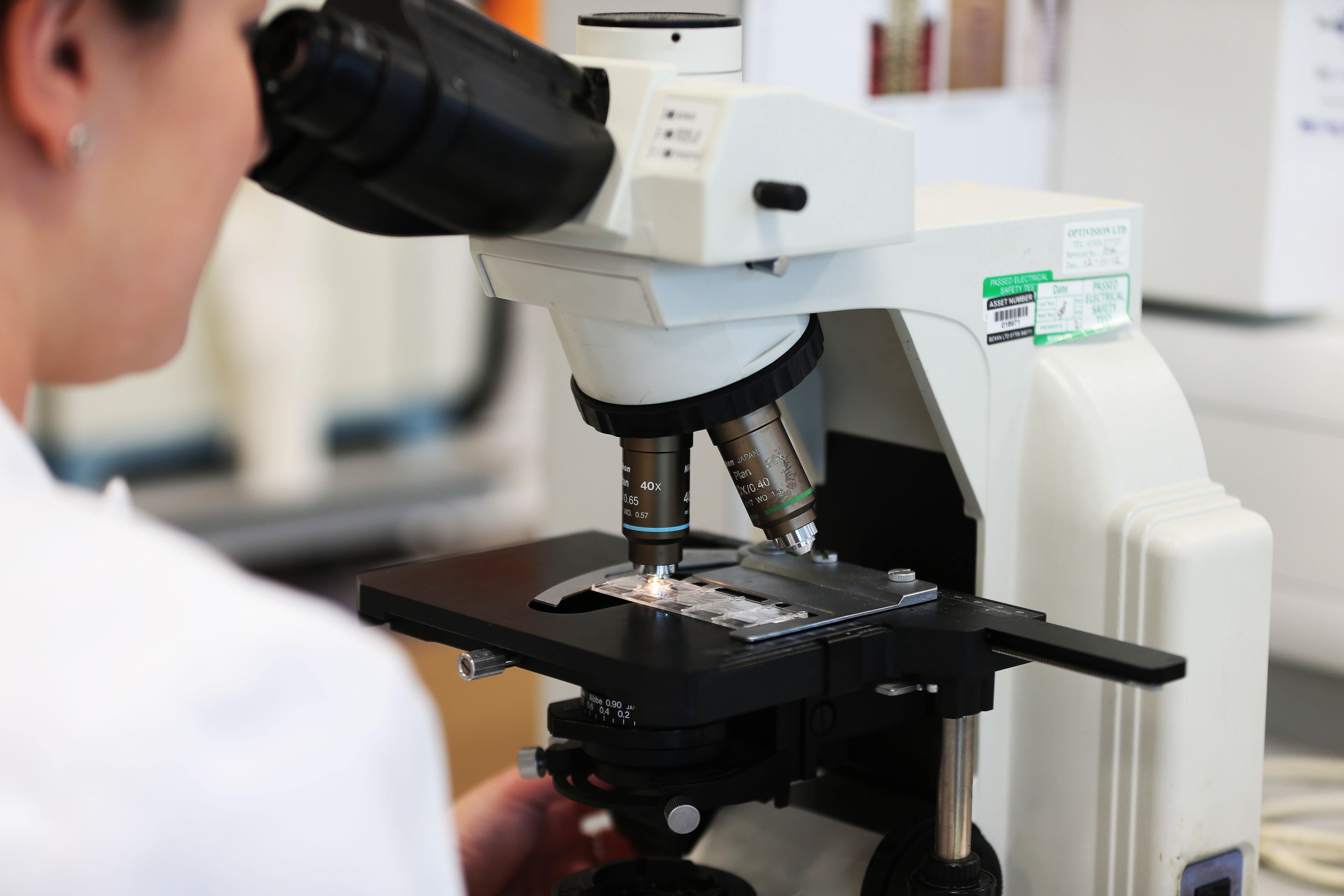Male contraceptive shows promise in mice, study suggests
The findings indicate an on-demand male birth control pill is possible, researchers say.

Your support helps us to tell the story
From reproductive rights to climate change to Big Tech, The Independent is on the ground when the story is developing. Whether it's investigating the financials of Elon Musk's pro-Trump PAC or producing our latest documentary, 'The A Word', which shines a light on the American women fighting for reproductive rights, we know how important it is to parse out the facts from the messaging.
At such a critical moment in US history, we need reporters on the ground. Your donation allows us to keep sending journalists to speak to both sides of the story.
The Independent is trusted by Americans across the entire political spectrum. And unlike many other quality news outlets, we choose not to lock Americans out of our reporting and analysis with paywalls. We believe quality journalism should be available to everyone, paid for by those who can afford it.
Your support makes all the difference.A male contraceptive drug that reduces fertility quickly and temporarily has shown promise in mice.
Researchers say the findings indicate an on-demand male birth control pill is possible.
The study’s co-senior authors Dr Jochen Buck and Dr Lonny Levin, who are professors of pharmacology at Weill Cornell Medicine, say the discovery could be a “game-changer” for contraception.
The study found that mice given the drug that inactivates an enzyme called soluble adenylyl cyclase (sAC) produced sperm that could not propel themselves forward.
This suggests the inhibitors can reduce the movement of mouse and human sperm, a key indicator of sperm function, the scientists say.
Using groups of mice, the authors performed a series of experiments and found that while male mouse mating behaviour was normal, fertility was eliminated in the hours after the drug was given.
According to the study, contraceptive effectiveness was found to be at 100% in the first two hours, and 91% in the first three hours.
By 24 hours it had returned to normal levels.
Our inhibitor works within 30 minutes to an hour
Researchers found no negative health impacts when the drugs were continuously administered for six weeks.
Although the scientists administered these drugs via injection in most experiments, they found that mouse sperm motility was also reduced by similar levels when taken orally.
Dr Melanie Balbach, a postdoctoral associate, said: “Our inhibitor works within 30 minutes to an hour.
“Every other experimental hormonal or non-hormonal male contraceptive takes weeks to bring sperm count down or render them unable to fertilise eggs.”
She explained that since sAC inhibitors wear off within hours, and men would take it only when, and as often, as needed, they could allow men to make day-to-day decisions about their fertility.
Further studies are needed, but if the drug development and clinical trials are successful, Dr Levin hopes to walk into a pharmacy one day and hear a man request “the male pill”.
The findings are published in Nature Communications.